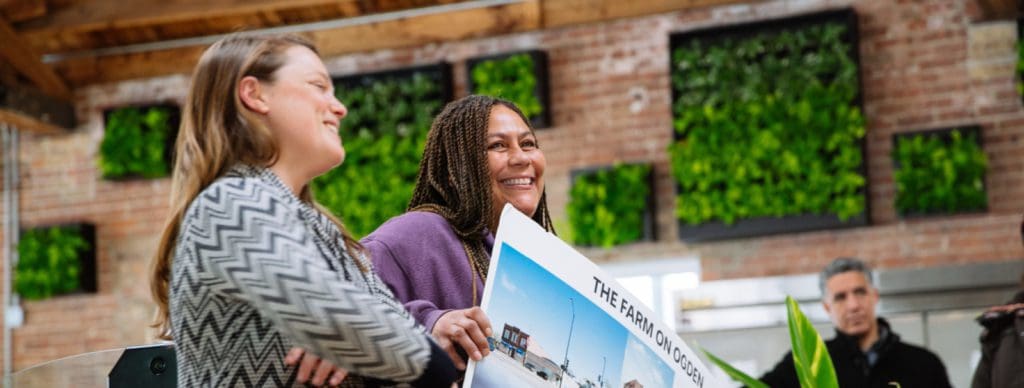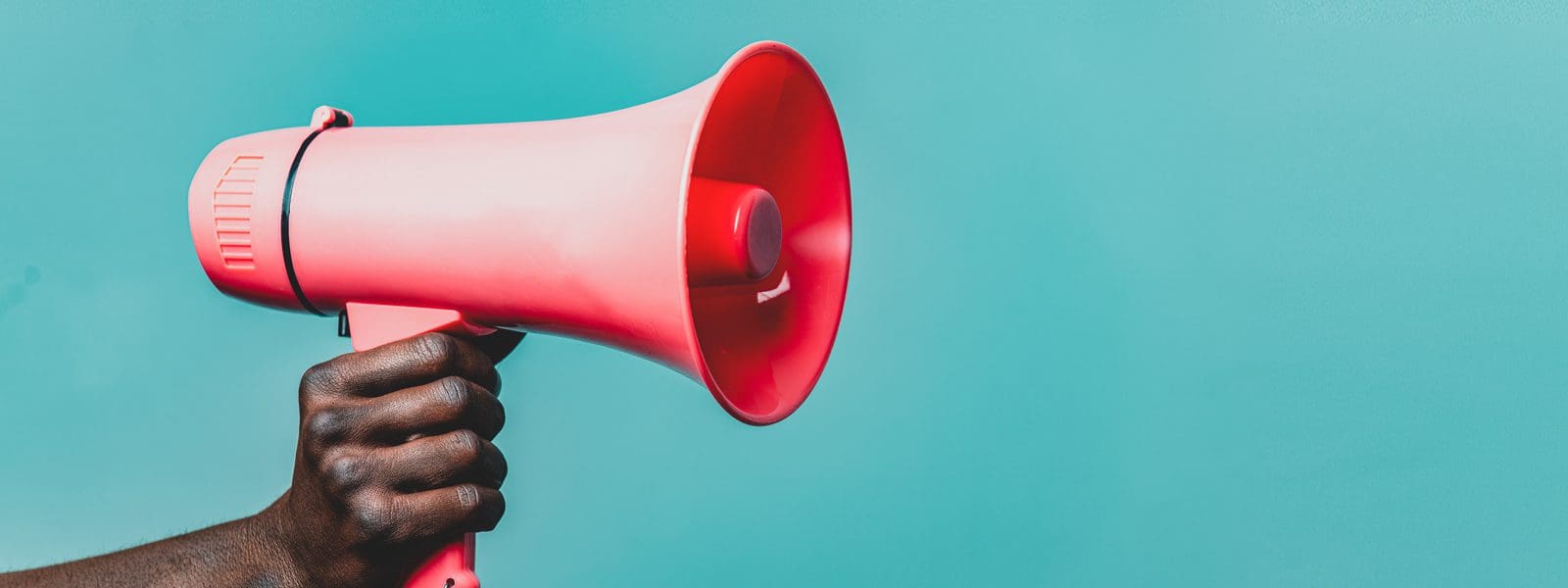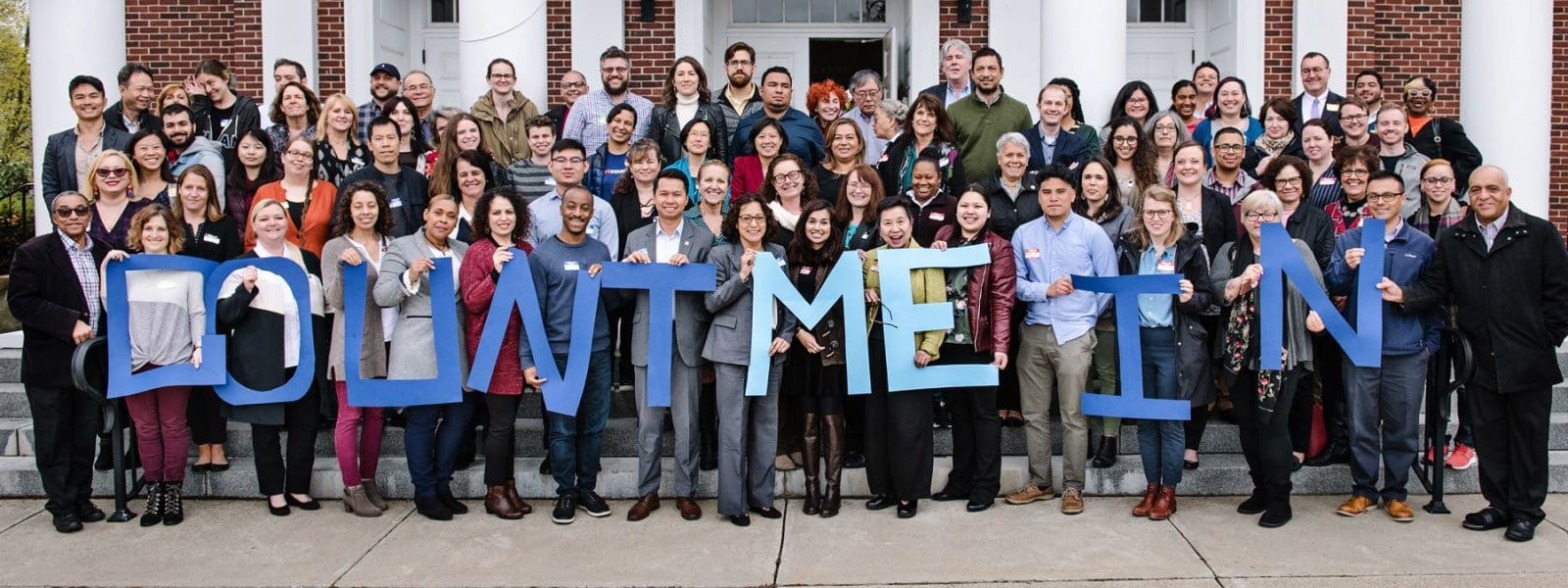The month of March in Washington, D.C. conjures many exciting tableaus: the sounds of birds chirping, predictions on peak blooms for cherry blossoms, and bike riding outside. I was stuck riding the stationary bike inside during the last few months of winter, and while I enjoy the exercise, what I especially enjoy (when I can’t be outside) is the soundtrack.
The pop music I ride to is fun and empowering, keeping me going as I climb another (proverbial) hill.
Nationally, March also brings Women’s History Month, an opportunity to celebrate the contributions women have made to the United States in various fields and disciplines across time. This year, Women’s History Month has me thinking about all the ways in which the nonprofit sector can uplift and empower women, and I think an empowering playlist for us all will help:
Run the World (Girls) – Beyoncé
With nearly a quarter of nonprofit staff identifying as female in the nonprofit workforce, we are a sector uniquely positioned to advocate for (and by) women. And amidst a global pandemic, female participation in the workforce dropped by 57% – and our cause is urgent.
I’m Every Woman – Whitney Houston
The pandemic does not impact genders equally, and the losses sustained by women are not evenly distributed across race and ethnicity. This Brookings Institute analysis of U.S. Census Bureau data found that “nearly half of all working women – 46% or 28 million – worked in jobs paying low wages, with median earnings of only $10.93 per hour. The share of workers earning low wages is higher among Black women (54%) and Hispanic or Latina women (64%) than among white women (40%), reflecting the structural racism that has limited options in education, housing, and employment for people of color.”
With women of color so often filling roles in what have come to be known as “essential workers,” they are disproportionately exposed to COVID-19 and risk their physical health, as well as their families’ health, in these positions.
As the study goes on to say, “COVID-19 is hard on women because the U.S. economy is hard on women, and this virus excels at taking existing tensions and ratcheting them up.”
- To learn more about addressing racism as an aspect of our shared health crisis, visit Independent Sector member YWCA USA.
I Am Woman – Helen Reddy
Center for American Progress estimates that the risk of mothers leaving the labor force and reducing work hours to assume caretaking responsibilities amounts to $64.5 billion per year in lost wages and economic activity.
To combat this reality, the Nonprofit Infrastructure Investment Advocacy Group (NIIAG), led by Independent Sector and KABOOM!, called for $3.55 billion per year for the Child Care Entitlement for States, $15 billion for the Child Care and Development Block Grant, and $24 billion for subgrants to qualified providers through the American Rescue Plan Act of 2021, which received final approval in Congress on Wednesday.
- To learn more about how this funding will be distributed on a state-by-state basis, visit CLASP’s site
Girls Just Want to Have Fun – Cyndi Lauper
According to a 2018 study from the Andrew W. Mellon Foundation, “Women make up a majority of professional art museum staff.” These majority female staffs of museums, like other arts-based nonprofit organizations, have been deeply impacted by the pandemic. These cultural, arts, and humanities workers and programs are vital to the nonprofit sector and essential to the economy, vitality, and well-being of the communities they serve.
Independent Women – Destiny’s Child
I know it’s cheeky to put the same artist on a playlist twice, but for the sake of Beyoncé and Women’s History Month, I hope you’ll let it slide.
Let’s use this month to celebrate all the independent (sector) women in our lives and in our offices – by supporting them in their mental health care needs. In survey results from Independent Sector, many organizations expressed concern for the mental health and well-being of staff members, which they linked directly to their capacity to continue operations.
In September 2020, CARE published findings that 27% of women reported mental health was a key impact of COVID-19, compared with only 10% of men.
- To manage anxiety, the CDC recommends everything from getting regular exercise, eating healthy, to taking time to unwind. As nonprofit employers committed to the well-being of our sector, it is imperative that we give our colleagues the time and distance we all need to be healthy in body and mind.
This March, I am struck again by how much women contribute to the nonprofit sector and building a better world in general, including with our musical talents.
What songs would you add to this playlist and what policy priorities resonate?



